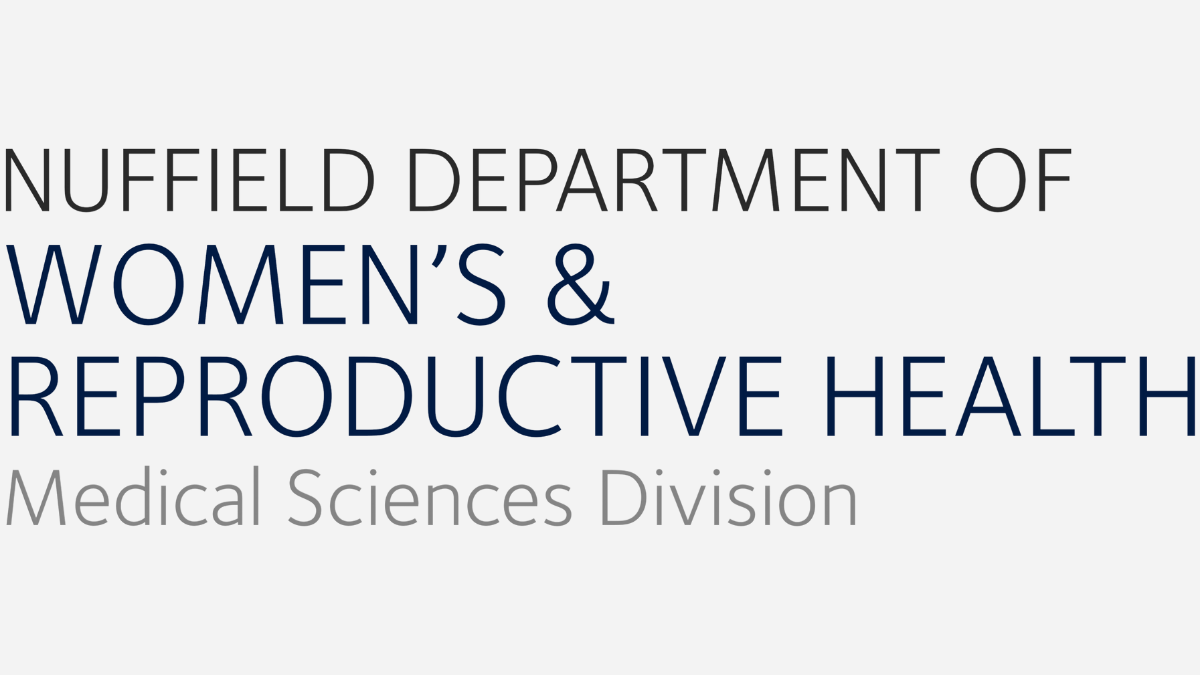Lee McQueen lied on his cv and still won The Apprentice. That’s a strong argument for not taking The Apprentice too seriously – most of us rarely get the chance to assess candidates for nearly three months and make up our minds on, seemingly, instinct. But it also highlights the issue of lying on cvs. A survey of nearly 4000 CVs by the Risk Advisory Group found nearly half were not quite accurate.
There’s another side to cv accuracy through. HR Review reports research by iProfile.org suggesting that candidates are either forgetting to include their relevant achievements or stating them so vaguely that they’re discounted.
This can have a number of effects from companies missing talent (which may go to competitors) to employees not getting the job they’re suited to or receiving lower salaries than they should. The same research suggests candidates spend about a third of the time spent preparing cvs on creating unusual designs. We all know how attractive purple letters in a Cyrillic typeface on an orange background can be as you sift through applications!
Obviously there are things you can do to overcome both over- and under-stated cvs – not least being more specific about the information you want and the standardisation of application forms. But about two thirds of people can’t remember specific work achievements 18 months later and lying (or inaccuracy) is endemic.
The lesson is that, while traditional ways of getting recruitment information – cvs, references and interviews – have their place, now more than ever you need objective measures such as well-constructed tests. Use them the right way and they’ll discount certain candidates who just aren’t right for a job. Then you can concentrate on a short list when doing expensive in-depth interviews, examination and employment record checks.











